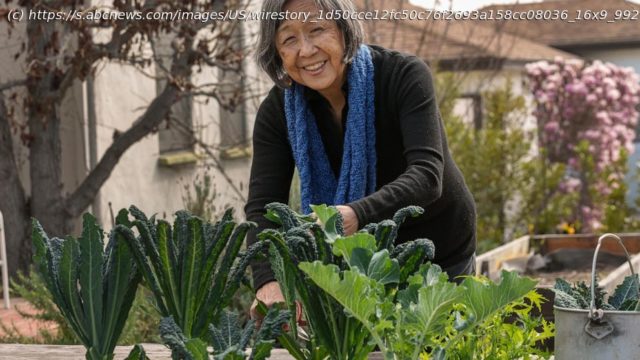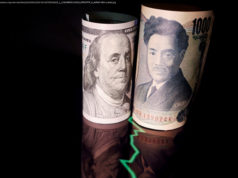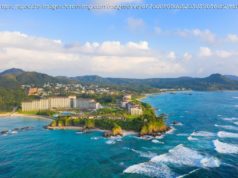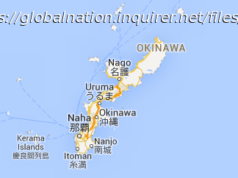Array
When Miya Iwataki and other Japanese Americans fought in the 1980s for the U.S. government to apologize to the families it imprisoned during World War II, Black politicians and civil rights leaders were integral to the movement.
Thirty-five years after they won that apology — and survivors of prison camps received $20,000 each— those advocates are now demanding atonement for Black Americans whose ancestors were enslaved. From California to Washington, D.C., activists are joining revived reparations movements and pushing for formal government compensation for the lasting harm of slavery’s legacy on subsequent generations, from access to housing and education to voting rights and employment.
Advocating for reparations is “the right thing to do,” said Iwataki, a resident of South Pasadena, California who is in her 70s. She cited cross-cultural solidarity that has built up over decades.
Black lawmakers such as the late California congressmen Mervyn Dymally and Ron Dellums played critical roles in winning the Civil Liberties Act of 1988, which formalized the government’s apology and redress payments.
Last Sunday marked the 81st anniversary of President Franklin D. Roosevelt signing an executive order that allowed the government to force an estimated 125,000 people — two-thirds of them U.S. citizens — from their homes and businesses, and incarcerate them in desolate, barbed-wire camps throughout the west.
“We want to help other communities win reparations, because it was so important to us,“ Iwataki said.
After stalling for decades at the federal level, reparations for slavery has received new interest amid a national reckoning over the 2020 police killing of George Floyd. Amid nationwide protests that year, California Gov. Gavin Newsom signed legislation that established a first-in-the-nation task force to address the topic of slave reparations.
Other cities and counties have since followed, including Boston, St. Louis, and San Francisco, where an advisory committee issued a draft recommendation last year proposing a lump-sum payment of $5 million apiece for eligible individuals.
In December, the National Nikkei Reparations Coalition, alongside more than 70 other Japanese American and Asian American organizations, submitted a letter calling on the Biden administration to establish a presidential commission.
Japanese American activists in California are studying the landmark report issued by California’s task force — and plan to reach out to college students, churches and other community groups to raise awareness about why Black reparations is needed — and how it intersects with their own struggle.






